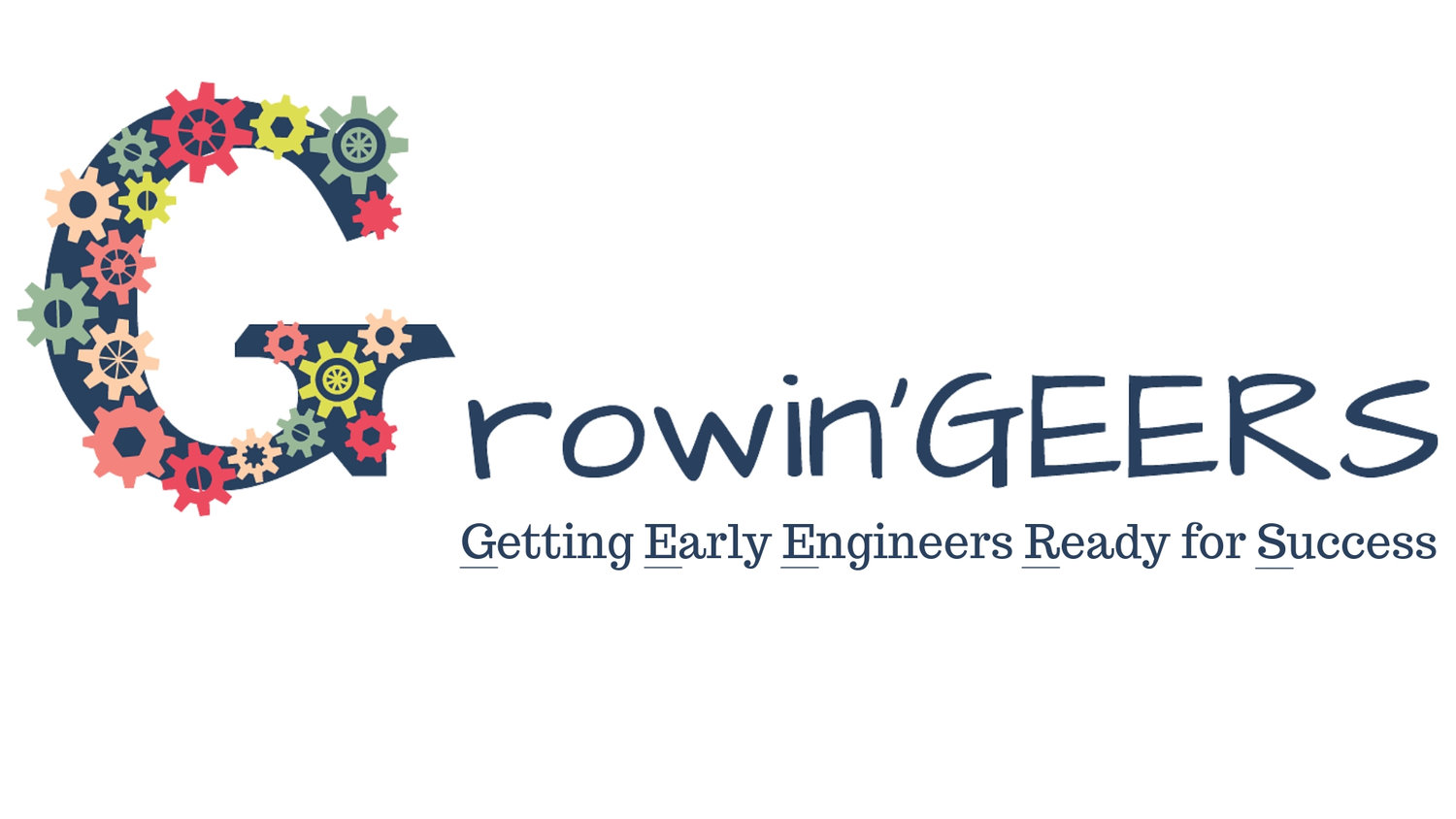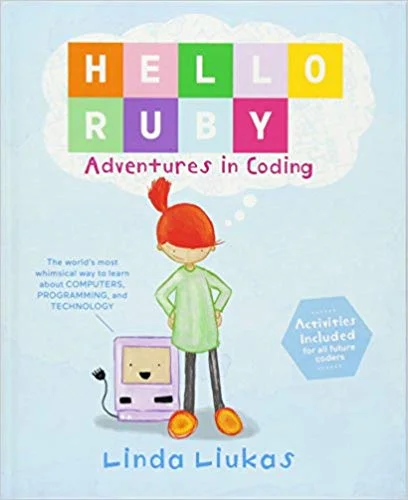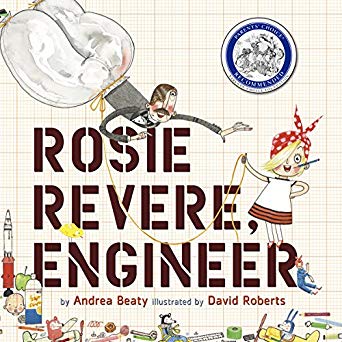In any type of STEM related career, there are certain skills that can make you more successful in your analytical endeavors. According to research, learning a musical instrument is a great way to exercise and strengthen some of those skills. By blurring the lines between the arts and STEM, we can better prepare our students to be more well rounded as they encounter the problems of tomorrow's world. Below are 5 skills that we as engineers use on a daily basis that a musical education can help to foster.
Aids in Teaching and Improving Math Skills
While learning a musical instrument and participating in an activity that is traditional viewed as more creative, music is rooted in math. By learning to read notes, understand rhythm, and comprehend beat, children are being exposed to basic addition and subtraction, division, and fractions.
In addition, music tends to follow patterns as does mathematics. Music helps to hone a students skills to pick out patterns and put them to use.
Teaches Responsibility, Work Ethic, and Perseverance
Being able to master an instrument or even be remotely good at playing one requires a large amount of practice, time, and patience. By understanding that learning an instrument is not a quick feat, students can start to understand the difference between long term and short term goals and create a commitment to a goal that takes time and focus to achieve. In addition, t o be able to maintain this level of practice, a student of music must be diligent and responsible in maintaining a consistent practice schedule. By learning this discipline early, they are building skills that will be useful later in life when they are confronted with an analytical problem that cannot be solved overnight. Failure becomes a part of the learning process instead of something to be avoided.
Learning To Work As A Team
The majority of musicians have at one point played or learned a piece of music in a group setting. Whether a band or an orchestra or even a smaller group like a quartet, there is value in learning to play music in harmony (get it?) with a group of people because it adds depth to the music being played. In order to play in a group, students learn that they are part of a bigger goal and have to play their role in ensuring the piece is played as best it can be. For example, if a cellist decided that they wanted to be the start of the show and play the melody, there would be not backbone to the piece being played. It is a great way to show students the importance of team work early in life while doing a creative and fun activity with their friends.
Exposure To Different Cultures
By learning a musical instrument, you get the opportunity to explore different countries through the language of song. Music makes it easy to expose kids to rock, jazz, blues, folk, and more which can give them a glimpse into the past to the sounds of the times that were at hand. Music can also be directly connected to certain times in history such as World War II, the French Revolution, and the Civil Rights Movement. By exercising their ability to understand the differences between multiple cultures, they will be more prepared to work with a variety of cultures, religions, mindsets, and beliefs later in life as they solve complex problems related to STEM. Problems related to STEM can drastically affect the general population's daily life, and it is important for engineers to understand the impact they can have and be sensitive to the potential shift they can cause.









